Aluminum is a popular choice for food packaging because of its superior recyclability and unique properties for product brands over other materials like plastics and glass – it is endlessly recyclable compared to plastic and paper, while being lighter and studier than glass. It is one of the world’s most flexible and versatile elements: easy to shape, stable and resistant to organic acids, and a good conductor of electricity and heat. It is also one of the most common elements in the Earth’s crust, making it widely available.
Here are six reasons why aluminum is the ideal material for flexible food packaging. To learn more, and hear directly from Constantia Flexibles’ expert speakers, register for this free webinar.
1. Availability
Aluminum is the most common metal and third most common material found in the Earth’s crust. This means that there is an abundant supply of aluminum to be mined for industrial uses, including food packaging, confectionery or home care products. Approximately 860,000 tons of aluminum are produced annually in Europe.
2. Longevity
Aluminum packaging can maintain its integrity for long periods of time, even with no maintenance. It is also corrosion resistant, which further contributes to its longevity. This makes aluminum an ideal material for food packaging, as it will protect a product for the duration of its shelf life without the risk of becoming degraded, which would compromise the barrier between the product and outside environmental influences.
3. Environmental Sustainability
Aluminum can be endlessly recycled, and its recycling process provides a significant amount of energy savings compared to other materials, consuming only five percent of its primary production energy. This saves an enormous amount of energy and factory emissions, making aluminum a cost-effective and environmentally-friendly choice for food packaging material.
4. Versatility
Aluminum is lightweight and has a low melting point, while at the same time, being very ductile and easy to mold. This gives aluminum packaging an advantage from a marketing perspective. It can be easily customized, due to the flexibility of the material, with creative shapes, embossing and printing for brand identification and consumer appeal. This makes it a popular choice for processed food containers, dairy products, and even pet food products.
5. High Degree of Barrier Protection
Aluminum provides a complete barrier against moisture, light, and oxygen, even as a very thin foil. This preserves the quality, safety, and aroma of food products that are packaged within it, while requiring very little material. Foods packaged with aluminum are safe from bacterial contamination, oxidation, as well as moisture and light, which can compromise product integrity.
6. Lightweight
Aluminum is a lightweight material, which reduces transportation costs, as more products are able to be loaded onto vehicles compared to those packaged with heavier materials. Aluminum can also protect the integrity of food products at very thin gauges, which further decreases the weight of the packaging material. For example, 1.5g of aluminum foil can protect one litre of milk for several months, providing barrier protection with a minimal increase in the weight of the product.
If you haven’t explored all of the options in aluminum food packaging lately, join Constantia Flexibles’ webinar to hear about how aluminum can help solve challenges and provide a point of differentiation for your products.
Constantia Flexibles is one of the world’s leaders in flexible packaging, with 100 years’ experience in sustainable and innovative options for food packaging, pharmaceutical industry, confectionery or home care products. The group has developed from a supplier with a strong European regional focus into a group which is active on a global basis in the world’s most attractive and fastest-growing markets for flexible packaging.
Constantia Flexibles stands for premium positioning, leading technology, customer proximity and highly efficient production facilities. Furthermore, the food divisions 17 production sites guarantee that a market leader from Europe is “just around the corner” in growing markets to support customer needs. It represents 70 percent of the company’s group sales and is a global player with a presence in Europe, Russia, USA, Mexico and India.
This article was created in collaboration with the sponsoring company and the Xtalks editorial team.


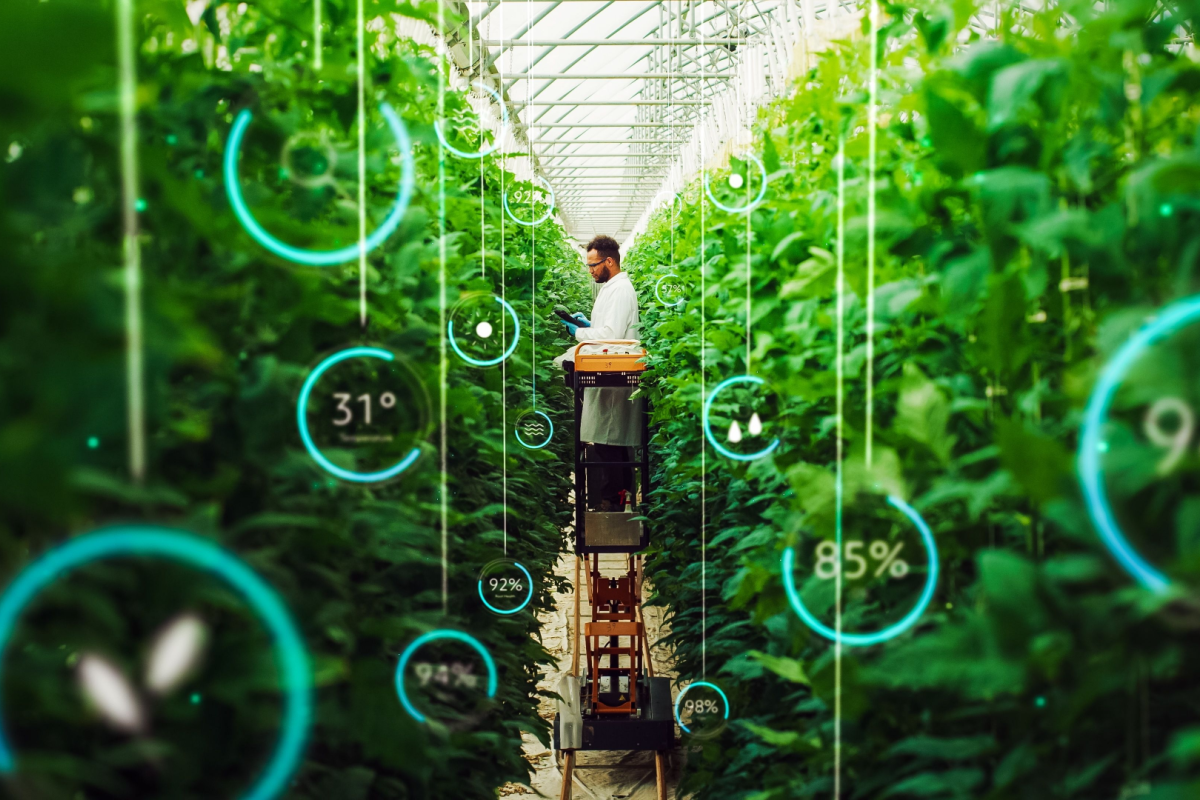
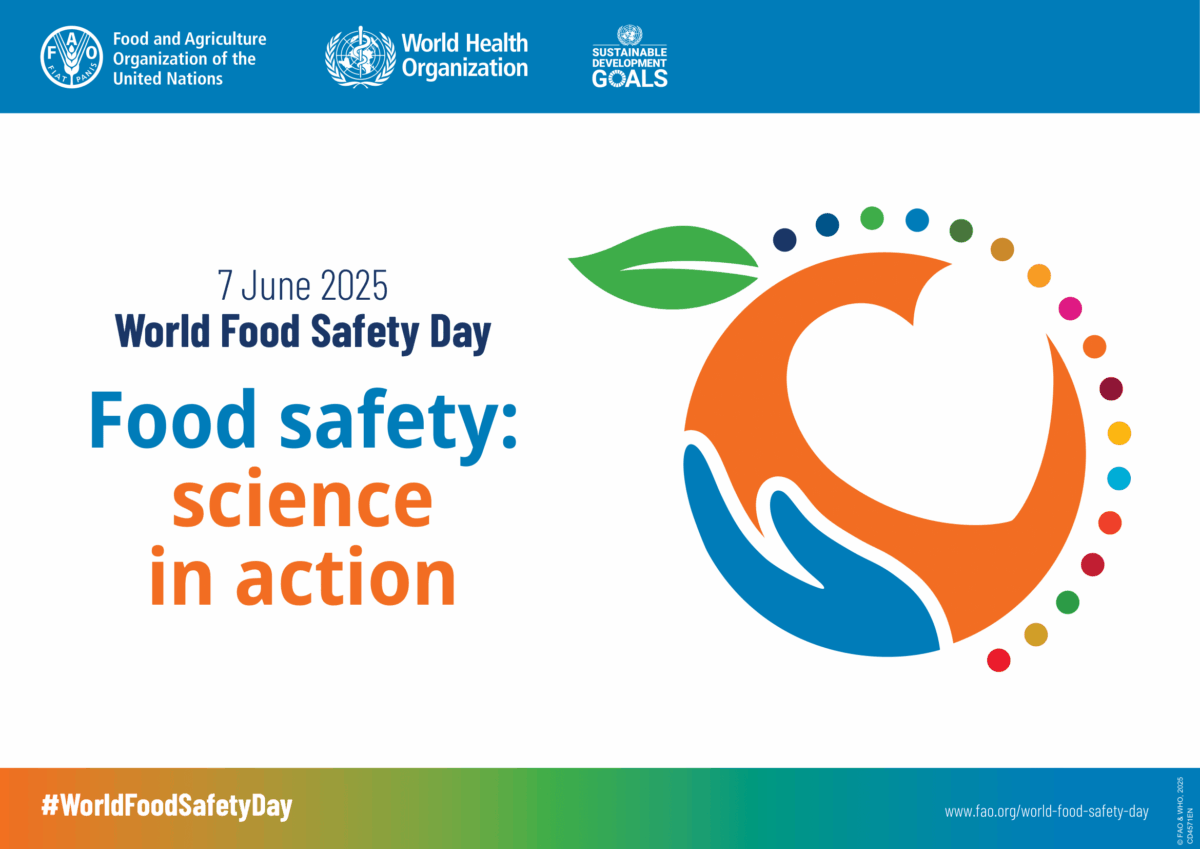
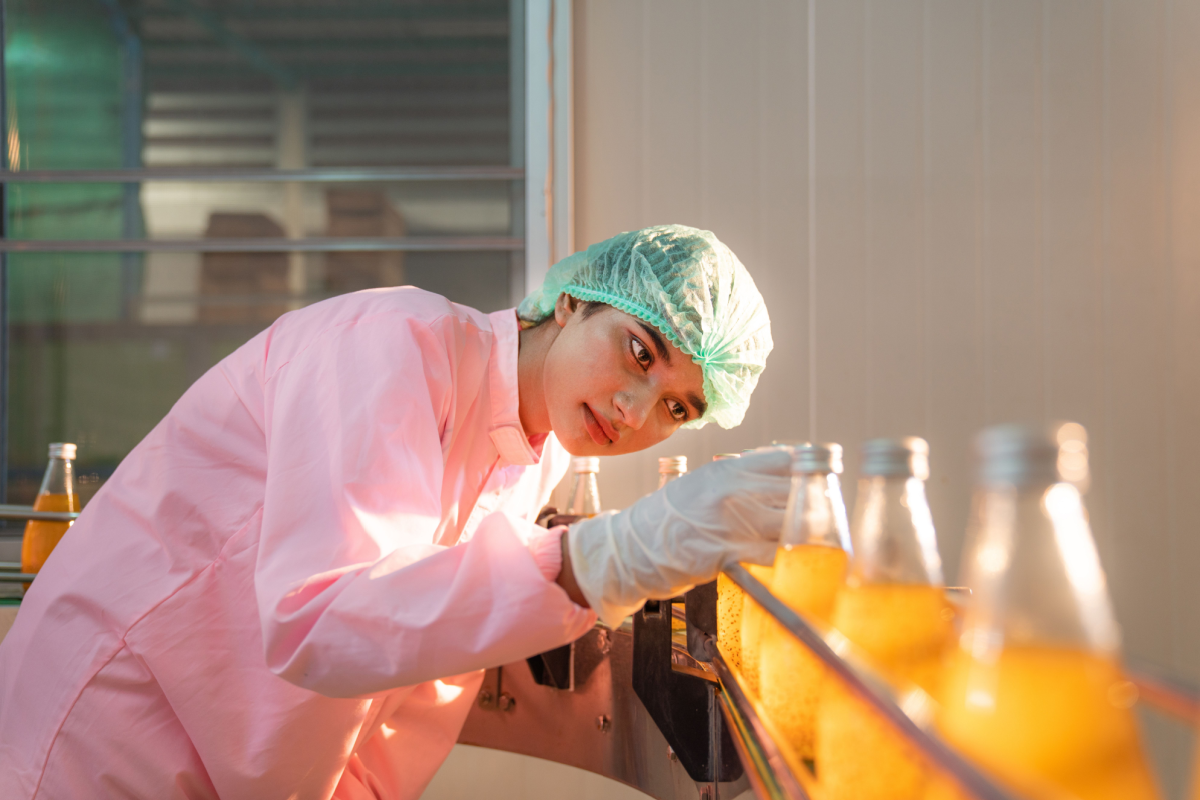
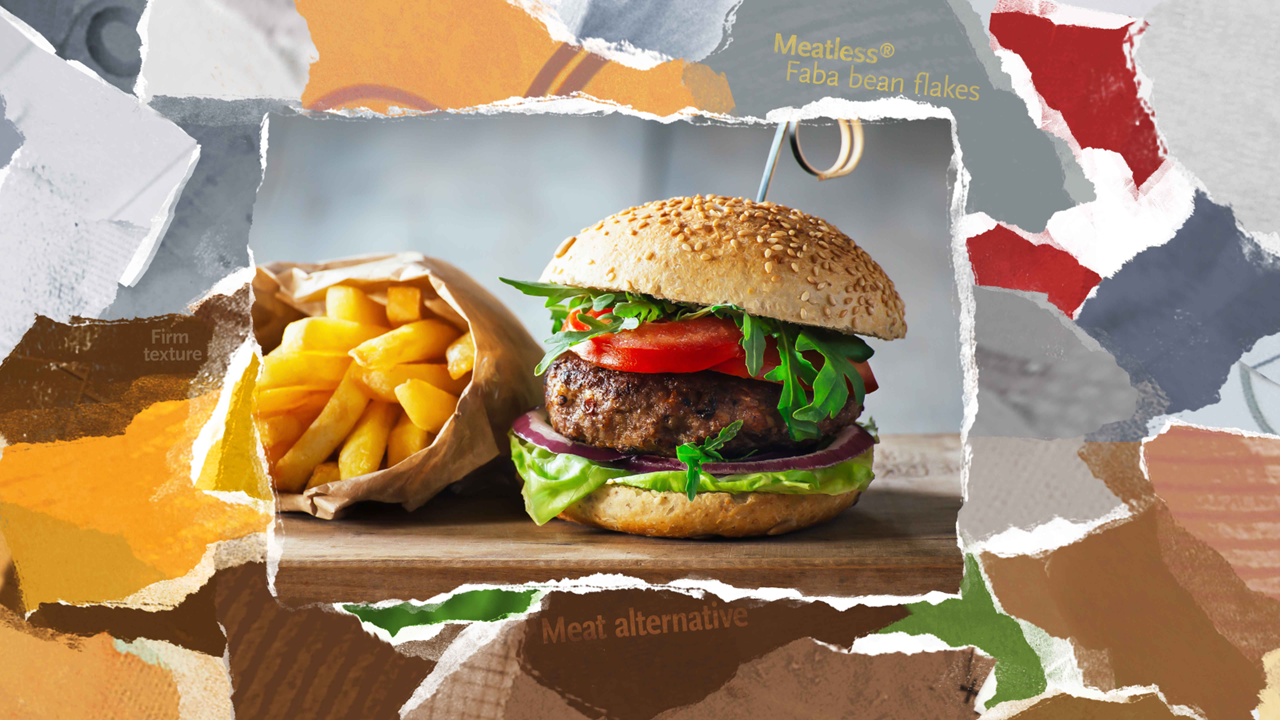
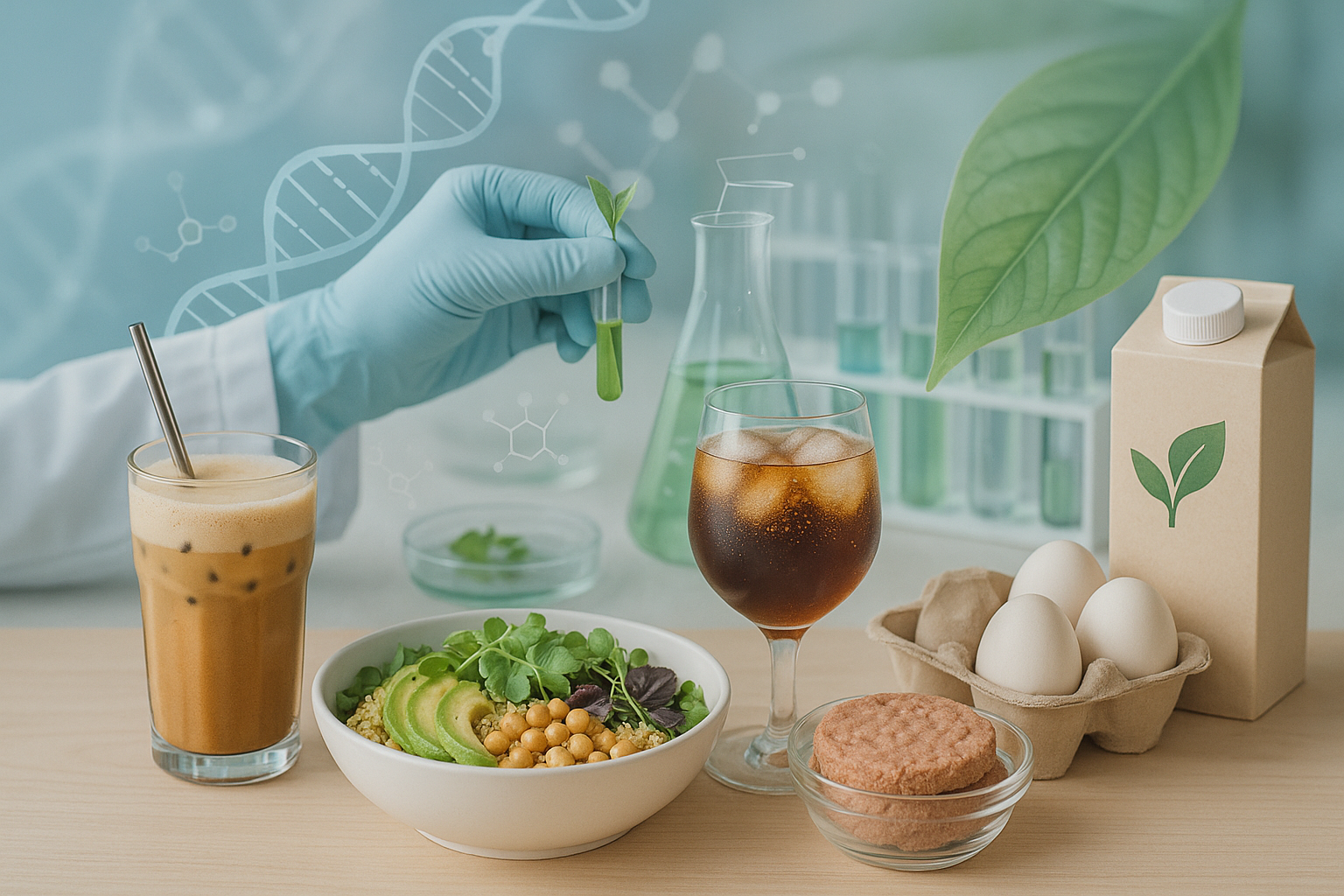

Join or login to leave a comment
JOIN LOGIN